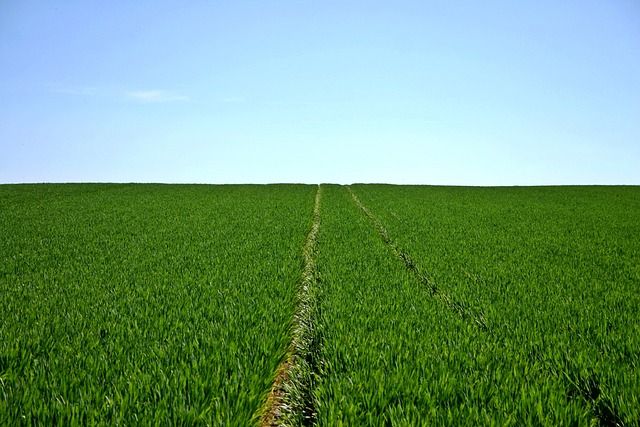Europe’s food product system accounts for one-third of the continent’s greenhouse gas emissions and has a significant impact on biodiversity and public health.
So in order for the EU to attain its lofty climate goals, something needs to be done.
To this end, the comprehensive CLEVERFOOD project has been established to transform Europe’s food system to become more friendly to the climate, nature, biodiversity and public health.
Denmark has been tasked with spearheading the charge over the next four years – an effort that will be led by Christian Bugge Henriksen, an associate professor at the Department of Plant and Environmental Sciences (DPES) at the University of Copenhagen.
“Current and future crises encompassing climate, food, biodiversity and health are inextricably linked with how we produce our food,” said Henriksen.
”So it’s time for radical change, where all EU countries work in the same direction to make our food production system more fair, sustainable, circular and plant-based.”
READ ALSO: Cow about that! Danish researchers find new key to greener agriculture
Co-operation is paramount
CLEVERFOOD, which is financed by the EU to the tune of 60 million kroner, will focus on legislation and policy that will pave the way for more healthy and sustainable food production.
The project will collaborate with legislators, universities, industry and advocacy groups across Europe.
The purpose of CLEVERFOOD is to bring all the existing projects together under one umbrella. There are many good initiatives underway in the EU today: from reducing agriculture emissions to promoting health and biodiversity,” said Marin Lysák, a PhD student at DPES.
“But they are fragmented and do not co-operate across borders. Co-operation is the core of it all if we are to make progress.”















